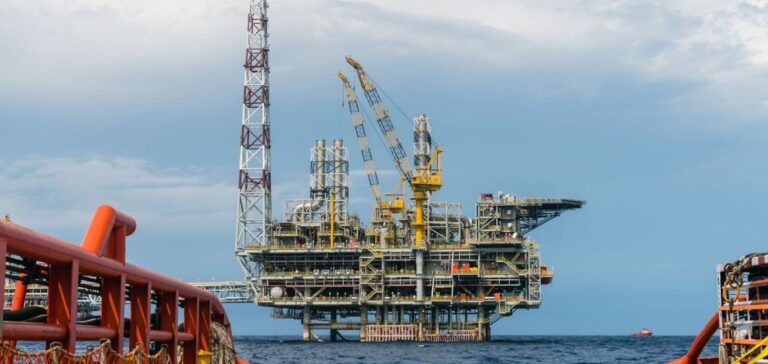Nippon Steel Corporation, Japan’s largest steelmaker, and Sumitomo Corporation, a major trading house, have announced the renewal of their contract to supply seamless pipes to Equinor, a Norwegian energy company. This contract, covering a period of up to nine years, provides for the supply of pipes for oil, gas and carbon storage (CCS) development projects in Norway and elsewhere.
Nippon Steel and Sumitomo have been supplying oil country tubular goods (OCTG) to Equinor for over three decades, consolidating a long-standing relationship and strategic partnership. This renewed collaboration is part of a drive to strengthen ties between Japanese and Norwegian companies in the energy sector.
Expanding energy collaboration
The two Japanese companies plan to extend their cooperation with Equinor beyond the traditional supply of pipes. According to separate statements from the companies, they plan to strengthen their partnership by exploring new opportunities in the energy field, including emerging technologies and sustainable solutions.
This announcement comes on the heels of a major order from QatarEnergy for seamless high-performance alloy pipes, also intended for carbon storage projects. This success with QatarEnergy underlines the expertise and reliability of Nippon Steel and Sumitomo products in critical applications for the global energy industry.
Implications for the energy market
The renewal of this long-term contract with Equinor reflects the energy industry’s continuing confidence in the production capabilities and product quality of Japanese companies. It also highlights the growing importance of carbon storage as an essential component of global energy transition strategies.
The growing demand for carbon storage solutions is a clear indicator of efforts to reduce greenhouse gas emissions. The renewed partnership between Nippon Steel, Sumitomo and Equinor could thus play a crucial role in achieving international climate objectives, while strengthening these companies’ positions in the global energy market.
The long-term commitment of the parties involved in this contract underlines the stability and predictability of commercial relations in the energy sector, a key factor in the success of large-scale projects.
With this contract renewal, Nippon Steel and Sumitomo reaffirm their role as key suppliers for cutting-edge energy projects, while committing to support decarbonization and innovation initiatives in the energy sector.






















